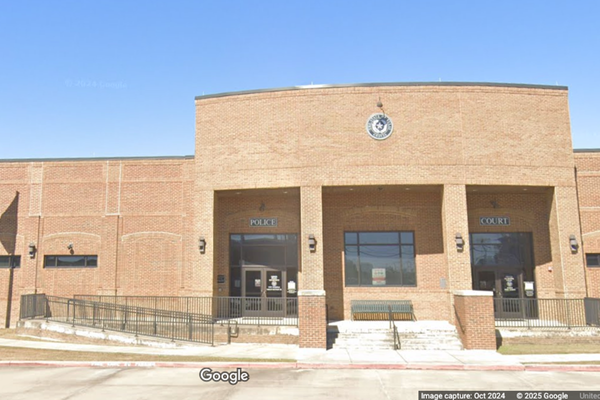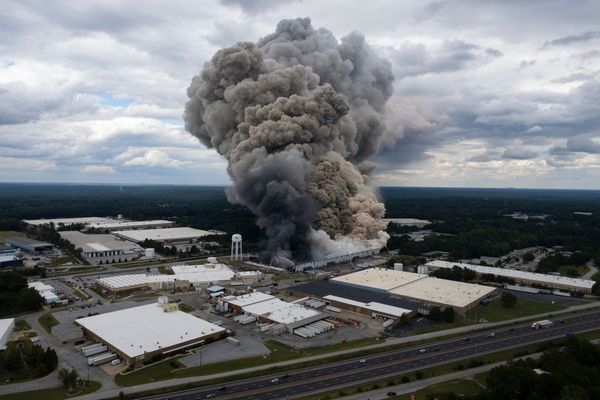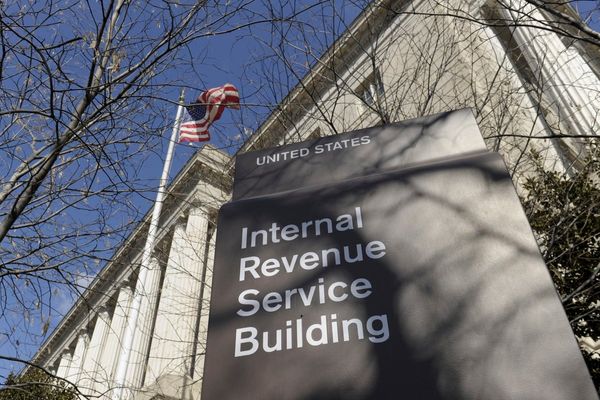
The US and Colombia pulled back from the brink of a trade war on Sunday after the White House said the Colombians had agreed to accept military aircraft carrying deported migrants.
Donald Trump, the US president, had threatened tariffs and sanctions on Colombia to punish it for earlier refusing to accept military flights carrying deportees amid his sweeping immigration crackdown.
But in a statement late on Sunday, the White House said Colombia had agreed to accept the migrants and Washington would not impose its threatened penalties.
“The government of Colombia has agreed to all of President Trump’s terms, including the unrestricted acceptance of all illegal aliens from Colombia returned from the United States, including on US military aircraft, without limitation or delay,” it said.
“Today’s events make clear to the world that America is respected again.”
The Colombian foreign minister, Luis Gilberto Murillo, said late on Sunday that “we have overcome the impasse with the US government”.
“We will continue receiving Colombians who return as deportees,” he said. His statement did not specifically say that the agreement included military flights, but it did not contradict the White House announcement.
The Colombian statement added that Murillo and Colombia’s ambassador to the US would travel to Washington in coming days to follow up on agreements that led to an exchange of diplomatic notes between the two governments.
Colombia’s president, Gustavo Petro, had earlier said he would only take back citizens “with dignity”, such as on civilian planes, and had turned back two US military aircraft with repatriated Colombians.
The US president responded fiercely, posting that the flights had “a large number of illegal criminals”. He accused “Colombia’s socialist president Gustavo Petro” of jeopardizing US national security and public safety and directed his own administration to “take the following urgent and decisive retaliatory measures” including doubling tariffs on Colombian exports to the US to 50%; a ban and visa revocations on Colombian government officials “and all allies and supporters”; and enhanced inspections of all Colombian nationals and cargo entering the US on what he called “national security grounds”.
In response, Petro ordered an increase of import tariffs on goods from the US. Petro said he ordered the “foreign trade minister to raise import tariffs from the U.S. by 25%”.
“American products whose price will rise within the national economy must be replaced by national production, and the government will help in this regard,” the post continued. The US is Colombia’s largest trading partner, with exports including crude petroleum, coffee and cut flowers.
The back-and-forth between the two leaders depicted the rising tensions between Latin American governments and Washington over US deportation flights. Mexico had also reportedly refused to receive a similar flight on Saturday, according to US officials cited by Reuters and NBC News.
Colombia’s president posted: “A migrant is not a criminal and must be treated with the dignity that every human being deserves.
“That is why I ordered the return of US military planes carrying Colombian migrants,” Petro wrote, sharing a video of Brazilian deportees who had been flown out of the US on Friday, shackled at the wrists and ankles.
He added: “I cannot force migrants to remain in a country that does not want them. But if that country returns them, it must be with dignity and respect – for both them and our nation. In civilian planes, and without treating them like criminals, we will welcome our compatriots. Colombia deserves respect.”
Trump’s secretary of state, Marco Rubio, issued a statement saying: “Colombian President Petro had authorized flights and provided all needed authorizations and then canceled his authorization when the planes were in the air.
“President Trump has made it clear that under his administration, America will no longer be lied to nor taken advantage of.”
A flight carrying 88 deported Brazilians landed in Brazil, but not without triggering the first diplomatic clash between Trump’s new administration and Brazil’s leftist president, Luiz Inácio Lula da Silva.
The flight, which left Alexandria, Louisiana, on Friday, was destined for Belo Horizonte in south-eastern Brazil. However, due to technical issues, it made unscheduled stops in Panama, and in Manaus in northern Brazil.
US officials reportedly sought to continue the journey, but the Brazilian government intervened, dispatching an air force aircraft to complete the final leg without handcuffs and leg irons. The deportees arrived in Belo Horizonte at about 9pm on Saturday.
In a statement issued on Sunday, Brazil’s ministry of foreign affairs announced it would file a formal “request for clarification” with the US government over the “degrading treatment” of the deportees – including six children, who reportedly were not shackled.
Deportation flights have been ongoing since the first Trump administration signed an agreement with Brazil in 2017. Last year alone, 17 flights transported deportees from Alexandria to Belo Horizonte.
However, the Brazilian government claims that the use of handcuffs and leg irons “violates the terms of the agreement with the US, which requires the dignified, respectful, and humane treatment of deportees”.
Deportees told Brazilian media upon their arrival that they were assaulted and threatened by US agents during the flight.
An internal Department of Homeland Security memo obtained by the New York Times has revealed that the Trump administration is rolling out a new series of stringent measures to expedite deportations. The directive grants Immigration and Customs Enforcement (Ice) officers sweeping authority to fast-track removals.
Officials from the US state department, Pentagon, US Department of Homeland Security and US Immigration and Customs Enforcement did not immediately reply to requests for comment.
The use of US military aircraft to carry out deportation flights is part of the Pentagon’s response to Trump’s national emergency declaration on immigration upon his inauguration.
In the past, US military aircraft have been used to relocate individuals from one country to another, like during the US withdrawal from Afghanistan in 2021.
This had been the first time in recent memory that US military aircraft were used to fly migrants out of the country, one US official said.
Reuters and Agence France-Presse contributed reporting







